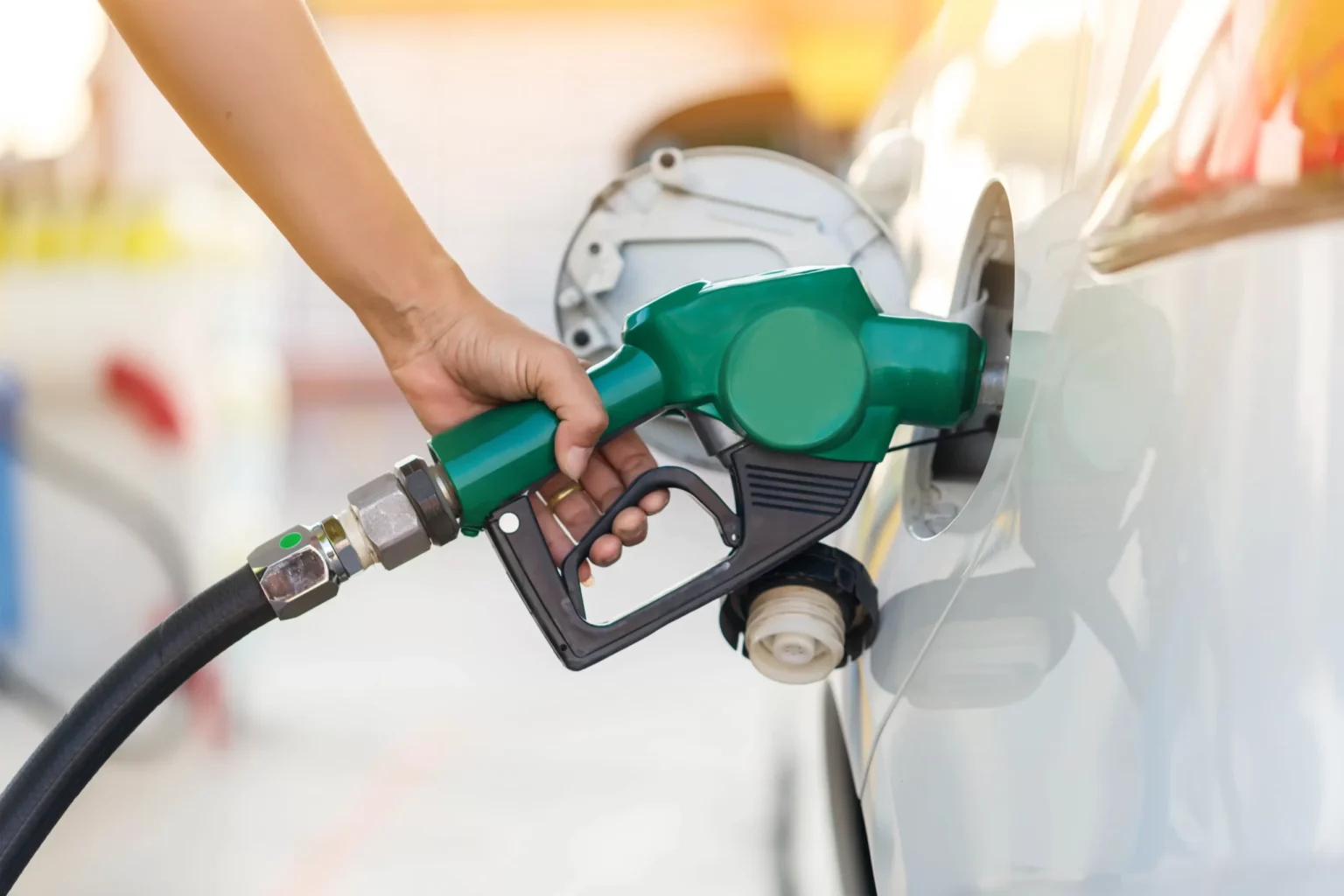The estimated landing cost of Premium Motor Spirit (PMS), commonly known as petrol, in Nigeria has decreased significantly, offering a glimpse of potential relief for consumers.
The cost of bringing petrol to the country dropped by 20.34%, falling to N971.57 per litre over the past three months, according to recent data released by the Major Energy Marketers Association (MEMA).
However, despite this decline in the cost of importing and distributing the fuel, Nigerians are facing higher petrol prices at the pump. As of November 8, 2024, the retail price of petrol has increased by a staggering N443 per litre, or 71.79%, rising from N617 per litre on August 1, 2024, to N1,060 per litre in the past week.
Independent marketers are selling the product at even higher prices, with some stations charging N1,180 per litre.
The fluctuation in petrol pricing is a reflection of global market conditions, domestic economic factors, and the ongoing deregulation of Nigeria’s fuel market.
While the falling landing cost suggests a moderation in international pricing, the rising retail costs highlight the complex dynamics at play within the country’s energy sector.
The reported decrease in landing cost from N1,219 per litre in August to N971.57 per litre in November comes at a time when international oil prices have also dropped.
The price of Brent crude, Nigeria’s benchmark, has dipped from $80.72 per barrel in August to $75.57 per barrel in November.
The exchange rate has also seen fluctuations, with the Naira trading at N1,611 per dollar in August compared to N1,665.84 per dollar in November.
Despite these improvements in import costs, the retail price has continued to rise. According to MEMA’s Competency Centre daily energy bulletin, petrol sold at N617 per litre in August when oil was priced at $80.72 per barrel and the exchange rate stood at N1,611 per dollar.
By contrast, in November, with a lower oil price and a slight increase in exchange rates, the retail price has surged to N1,060.
In September and October, the landing cost of petrol was N945.63 per litre and N903.64 per litre, respectively, indicating a consistent decline in import costs. However, the retail price has continued its upward trend, prompting growing concerns about the reasons behind the disparity.
Experts point to multiple factors contributing to the continued rise in petrol prices despite falling landing costs.
These include the ongoing deregulation of the fuel sector, currency depreciation, rising inflation, and the broader economic challenges Nigeria is grappling with, such as reduced government subsidies and fluctuations in global oil prices.
The Nigeria Labour Congress (NLC) has voiced strong concerns over the situation, accusing fuel marketers of inflating petrol prices.
In a statement released following its National Executive Council meeting, the NLC claimed that Nigerians are being exploited, noting that the retail price of petrol is much higher than the actual market value.
The union argued that the current price is exacerbating the suffering of ordinary Nigerians, many of whom are already struggling with the economic fallout of inflation and the removal of fuel subsidies.
“The Nigerian people are facing severe hardships due to the increase in fuel prices,” the NLC said in its statement.
“While the government and marketers claim to be adjusting to market forces, Nigerians are being pushed further into poverty, with food prices and transport costs skyrocketing.”
The NLC has demanded greater accountability from both the government and fuel marketers, urging a review of petrol pricing and an investigation into possible price manipulation.
The union’s stance is that the continued rise in petrol prices is not in line with the actual market conditions and is contributing to the economic distress faced by millions of Nigerians.
While experts acknowledge that deregulation and market liberalization are essential for the long-term sustainability of the Nigerian fuel sector, they also stress the need for effective mechanisms to protect consumers from price hikes that are not linked to actual cost structures.
There is growing pressure on the government to find ways to stabilise the sector and ensure that the benefits of falling import costs are passed down to the Nigerian people.
As the situation develops, many Nigerians remain hopeful that the reduction in landing costs will eventually translate into lower pump prices, bringing much-needed relief to a population struggling with the high cost of living.
However, with the ongoing economic challenges and the complexities of the deregulated fuel market, it remains to be seen whether this reduction will lead to any substantial change at the pump.



